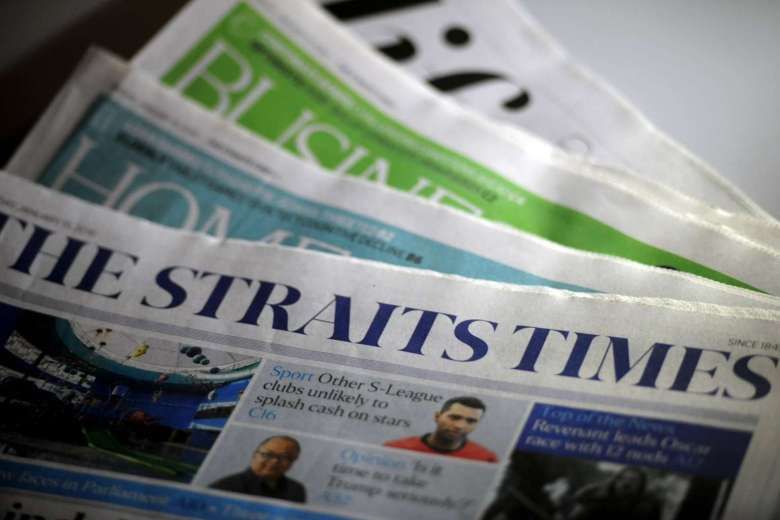Sri Lanka's new Foreign Minister Amunugama says he won't 'tilt' to China
Sign up now: Get insights on Asia's fast-moving developments

Follow topic:
COLOMBO (BLOOMBERG) - Sri Lanka's newly appointed Foreign Minister said he would not pursue closer ties with China at the expense of its neighbour India, following the appointment of a Prime Minister with a history of borrowing heavily from Beijing to fund infrastructure projects.
Mr Sarath Amunugama took office this week shortly after the return to power of former strongman president Mahinda Rajapaksa on Oct 26.
The surprise return of Mr Rajapaksa, who took billions of dollars in Chinese loans to fund infrastructure projects, prompted concerns that Sri Lanka might again move closer to Beijing rather than maintain close ties with India and other democracies.
And although he praised Mr Rajapaksa's decision to build infrastructure projects, he said Sri Lanka won't necessarily move closer to China.
"For Sri Lanka, we look on this as a great asset, to have two giant friends," Mr Amunugama said in his wood-panelled office on Thursday (Nov 1).
"There's no benefit to Sri Lanka to be tilting to one side or the other. By being friendly with India, we are not being unfriendly with China."
More than potentially frayed ties with India, international observers - including ratings agencies - are worried that Mr Rajapaksa's ascension risked renewing the costly borrowing spree that paid for the country's shiny new ports, airports and roads.
Sri Lanka has debts of US$15 billion maturing between 2019 and 2022, while debt servicing costs are rising as the Sri Lankan rupee falls, according to Singapore-based Tadashi Kageyama, the Asia-Pacific regional managing director for Kroll.
Roughly 80 per cent of Sri Lanka's total government revenues go toward repaying loans.
Mr Amunugama praised the speed at which Chinese-funded development projects were built.
"The terms were extremely favourable and the bureaucratic procedures were curtailed," he said. "To do a Chinese project - now this is important - will take half the time than with any other donor."
"Countries are hungry for development," he added. "They can't read a paper and say, 'Okay, this year you'll have to pay so much debt. So don't do this road. Don't do this port. Don't do this airport.' That's not the way the real world works."
Still, he says Sri Lanka is in a much different situation - and can afford to pick and chose projects - than before Mr Rajapaksa's administration took the original Chinese loans.
"Though it has its defects and problems, I think all-in-all it was a good strategic decision," he said.
"If you are looking back now, we'd do it again."

